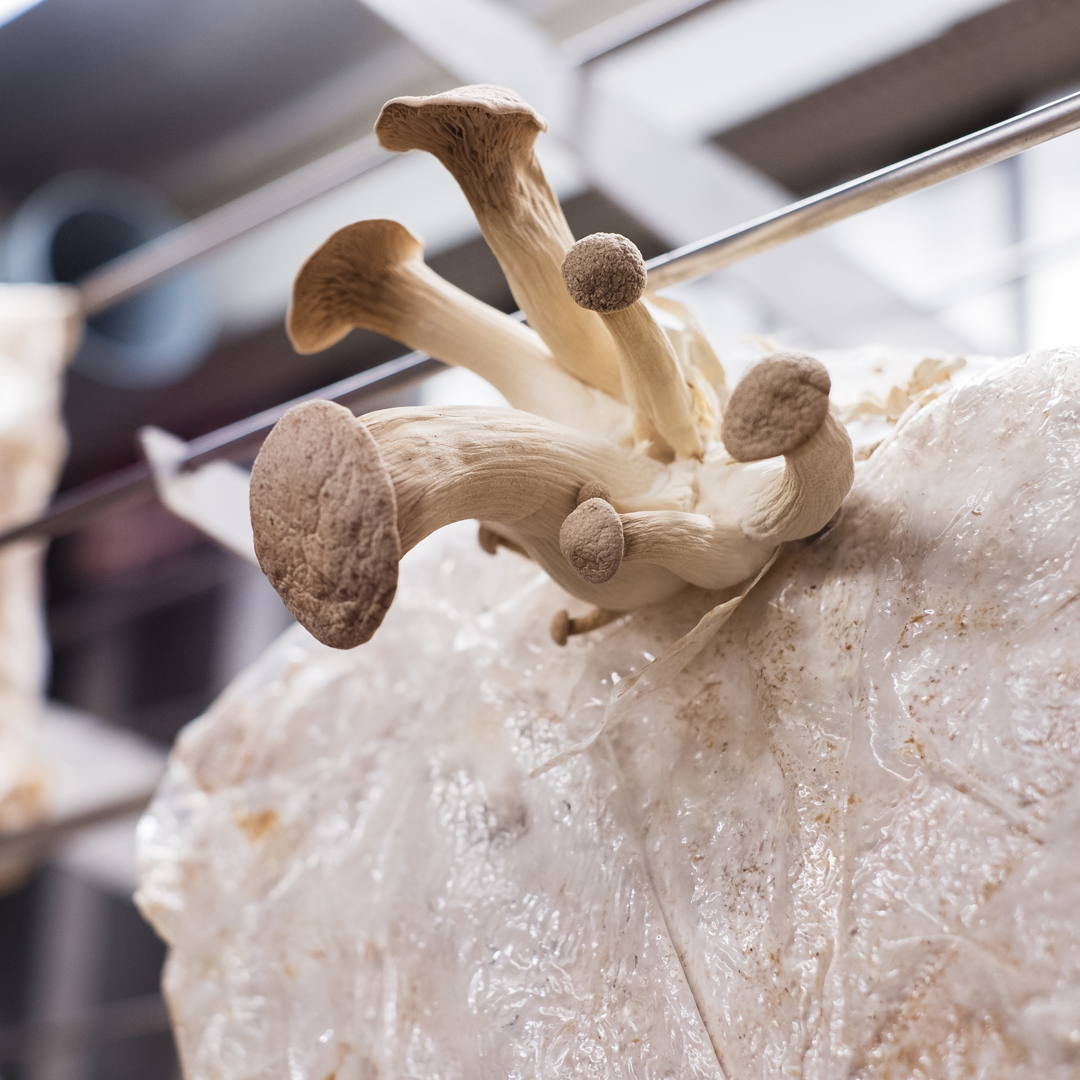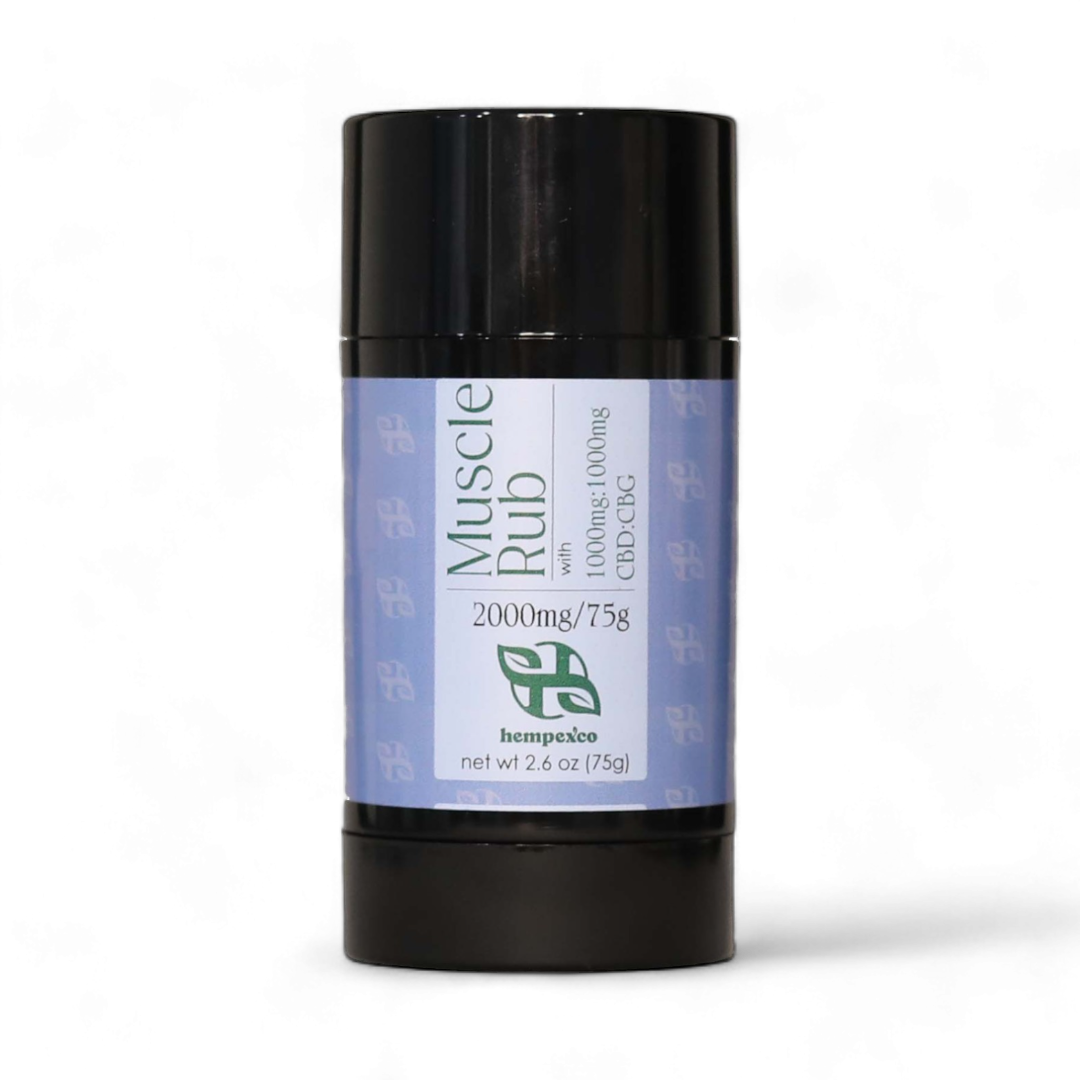
CBD for Pets: What You Should Know
CBD for Pets For pet lovers, it can feel as though our worlds revolve around those fuzzy faces. Animals have

These scrumptious little morsels make our meals—and our bodies—better in lots of different ways. But mushrooms can also benefit your best friend!
Besides being delicious additions to a meal, studies show that mushrooms—specifically the varieties listed below—can help your pet live a longer, healthier life. Let’s take a look at 10 ways mushrooms can benefit your dog or cat, what mushrooms to look for, and how to make sure you’re getting good quality products. Pair with CBD or CBG tincture for optimal benefits. Read about CBG here.
In addition to some of the specific benefits of mushrooms mentioned below, mushrooms are filled to the brim with goodness. Beta-glucans, which form in the cell walls of fungi, may prevent the absorption of cholesterol in the stomach and intestines. In this manner it’s likely to help prevent heart disease and high cholesterol levels, which may give your best friend several more years of swimming, chasing the ball, and horsing around with you!
According to a study published in 2010, there are 126 medicinal benefits that could be attributed to medicinal mushrooms, including:
· Scavenging of free radicals,
· Antiparasitic, antifungal, antiviral, antitumor, and antibacterial properties,
· Detoxification and liver/kidney protection, and
· Support for heart, cardiovascular, and metabolic system
Although there is insufficient evidence of how individual mushrooms react, anecdotal evidence suggests that certain mushrooms can support metabolic functions, giving a helping hand to moms and dads of diabetic animals. Dogs and cats are notoriously difficult to treat once the diagnosis is made, so if these mushrooms can help, it’s a huge advantage.
Maitake was shown by one study on diabetic rats to improve glucose tolerance. Another study specifically mentioned the fruiting body of the mushroom as beneficial in treating diabetic mice.
However, remember that lack of standards in production and dosing creates difficulty in testing results, which has created some controversy surrounding medicinal mushrooms for dogs and cats—this is a continuing problem related to most natural and alternative medicine. Read on to learn more benefits of medicinal mushrooms!
Cordyceps (Cordyceps militaris) mushrooms are also called Caterpillar mushrooms. They actually grow on caterpillars! This beneficial mushroom has antibacterial, antifungal, and antiviral properties and supports the liver, kidneys, detoxifies the blood, and promotes a healthy immune system. Cordyceps mushrooms have been known to reduce fatigue and increase endurance. They are also used in the treatment of many health conditions, including chronic liver disorders, leaky gut syndrome, asthma and other respiratory diseases.
The Reishi mushroom has been used for centuries to stimulate the immune system. According to an article by HealthLine Reishi may help keep the immune system in check. This study shows the mechanisms involved but admits to a lack of standards and administration methods to verify the results.
Restoring antioxidants is incredibly important in the health of organs. Beneficial medicinal mushrooms were shown to reduce oxidative stress in the liver by reducing oxidative stress. We can’t stress the benefit of this mushroom enough!
Although they don’t taste great, reishi mushrooms in particular scavenge free radicals and maintain balance in the liver. Reishi reversed liver fibrosis in one study, which is mostly an untreatable last stage of fatty liver disease.
In another study, the poria mushroom also showed promise in reducing oxidative damage and primarily affects the kidneys. With this mushroom, however, it’s not the fruiting body that is of value but the partially-grown mushroom, or mycelium.
Again the reishi mushroom contains beneficial triterpene danoderic, which has antihistamine properties without the side effects of antihistamines. Histamines are the body’s reaction to protect itself against allergens. But when it sees normal substances—like grasses, flower pollen, and even laundry detergent—as invaders, it can cause unpleasant effects like hives, itching, runny noses, and watering eyes. And sometimes when it overreacts it can cause serious breathing problems and even death.
Inflammation is the eventual cause of many of the other medical issues listed here. For instance, with allergies, there may be inflammation in tissues where histamine is present. In poor digestive health, the gut tissues could be inflamed. If you take the inflammation down, you already have some of the battle won. A recent article explains the mechanism in medical speak.
Often anti-inflammatories take the form of invasive NSADIS like carprofen, or steroids such as prednisone. Although they’re effective in most cases, these bring a host of risks to the table with them. Mushrooms don’t bring that baggage. This makes mushrooms a benefit for digestion.
Reishi is again an important player in reducing inflammation and oxidation and can help prevent—and in some cases even reverse—cognitive decline.
But the real star player here is the Lion’s Mane, both the fruiting body and mycelium. The benefit of this mushroom is thought to work by helping repair damaged nerves. This mushroom could be a power partner with the reishi in restoring brain function to both humans and animals, giving hope to people and their beloved animal companions who have declining mental acuity. Much more research is warranted here.
Mushrooms that show benefit for digestive health are turkey tail, reishi, lion’s mane, chaga, and shitaki
These provide pre-biotics to the gut for a better digestive process in the stomach. Pre-biotics help prevent the overgrowth of bad bacteria, leaving room for the beneficial bacteria to thrive and help us digest our food. Turkey tail itself decreases three of those bad bacteria, including c. difficile, one of the most intractable gut problems today.
Shiitake mushrooms contain high amounts of a chemical called ergothiomeine, which is an amino acid that is a powerhouse of a cell protector. Who can argue with an antioxidant that is delicious?
Turkey tail, reishi, and maitake are major players, and studies show turkey tail itself warrants more research in cancer treatment, with one treatment group showing significant improvement in survival.
It’s important here to keep in mind that supplements are often not consistent in quality, dosing, or ingredient parameters. Any use should be guided by a veterinarian, specifically a veterinary cancer specialist. The benefits of mushrooms don’t stop here. Do your own search for more information.
As always, we make no claims that the products we report on have any therapeutic value, and pet owners use these products at their own risk. We do not advocate or advise the use of any products, supplements, or other items we report on.
| Benefit Mushroom | Lion’s Mane | Reishi | Cordyceps | Shiitake | Maitake | Turkey Tail | Chaga |
| Wellbeing | x | x | |||||
| Diabetes | x | x | x | x | |||
| Cardiovascular and Respiratory | x | x | x | ||||
| Immune system | x | x | x | x | x | ||
| Antioxidants for Liver and Kidney support | x | x | x | ||||
| Allergy | |||||||
| Inflammation | |||||||
| Cognitive function | x | ||||||
| Digestive health | x | x | x | x | |||
| Cancer | x | x |

CBD for Pets For pet lovers, it can feel as though our worlds revolve around those fuzzy faces. Animals have

Benefits of CBD Topicals This article will discuss the potential benefits of CBD topicals including lotions, creams, and balms. CBD

Unveiling the Secrets of Terpenes Unveiling the Secrets of Terpenes What Are Terpenes? First, it’s essential to comprehend what
Stay updated with our latest news, offers, and insights by subscribing to our email newsletter. No spam, ever – promise.
©2024 Hempexco. All rights reserved. | Site by Connective Web Design.